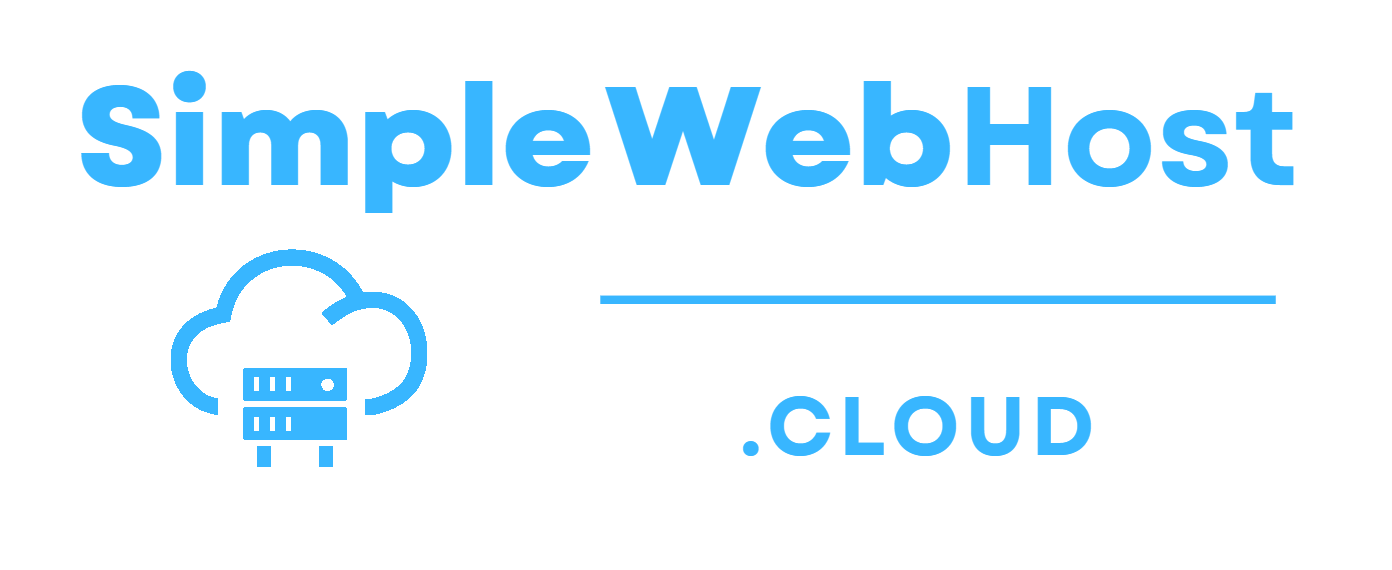Web Hosting: Your Virtual Office on the Internet
In the vast digital landscape we call the internet, every website you visit has a place to call home – and that’s where web hosting comes in. Imagine the internet as a bustling city, and websites are the houses scattered throughout. Web hosting is like owning or renting a house for your website in this virtual city. It provides a secure and accessible space where all your website’s files, data, and content can reside. Whether you’re running a personal blog, an online store, or a business website, web hosting is the essential foundation that enables your site to exist and be accessible to people across the globe.
The Components of Web Hosting
Web hosting involves three main components: servers, domain names, and website files.
Servers: The Digital Landlords
At the heart of web hosting are powerful computers known as servers. These servers act as the digital landlords, providing the necessary space and resources to store your website’s data. They are specially designed to run 24/7, ensuring your website is always available for visitors. When someone enters your website’s domain name into their web browser, the request is sent to these servers. The servers then retrieve the required files and data, displaying your website’s content to the visitor’s screen.
Domain Names: Your Website’s Address
Think of a domain name as the address of your virtual home. Just like every physical house has a unique street address, every website has a unique domain name that people use to find and access it. When you choose a domain name (e.g., www.yourwebsite.com), it serves as a user-friendly link to the actual location of your website on the servers. This is why picking a memorable and relevant domain name is crucial for your online presence.
Website Files: The Content of Your Home
Your website files are the content that makes up your website, including text, images, videos, and any other media. These files are stored on the servers provided by the web hosting company. When someone visits your website, the servers fetch these files and display them, creating the visual experience visitors see on their screens.
Types of Web Hosting
There are various types of web hosting to accommodate different needs and budgets:
- Shared Hosting
- This is like living in an apartment building with multiple tenants. Multiple websites share the same server, which makes it a cost-effective option for beginners and smaller websites. However, resources are distributed among the websites, so if one site experiences high traffic, it can affect the performance of others.
- VPS (Virtual Private Server) Hosting
- VPS hosting is akin to living in a townhouse. Although multiple websites share the same physical server, each website gets its dedicated portion of resources, providing better performance and control.
- Dedicated Hosting
- With dedicated hosting, it’s like having your own standalone house. You have an entire server dedicated to your website, offering the highest level of performance, customization, and security. This option is ideal for large businesses or websites with heavy traffic.
- Cloud Hosting
- Cloud hosting is a modern and flexible solution, like staying in a fully-equipped serviced apartment. Instead of relying on a single server, your website’s data is distributed across multiple interconnected servers, ensuring reliability and scalability.
Conclusion
Web hosting is the essential service that enables your website to exist and be accessible to the world. Like finding the perfect location for your physical business, choosing the right web hosting option tailored to your needs and budget is crucial for your online success. Whether you’re building a personal blog, launching an e-commerce store, or establishing a corporate website, reliable web hosting is the backbone that ensures your virtual home thrives in the vast digital universe.

Leave a Reply